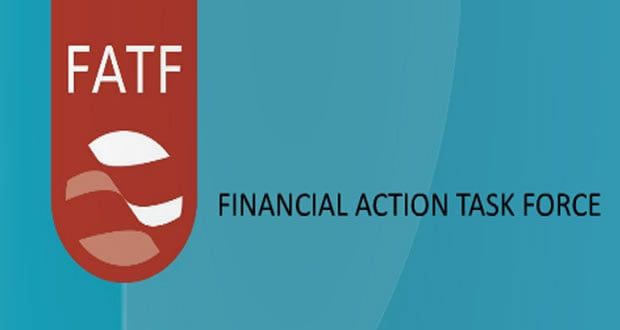
Nigeria and South Africa, Africa’s two largest economies, may be removed from the Financial Action Task Force (FATF) grey list as early as October 24, 2025, following significant progress in anti-money laundering and counter-terrorist financing reforms.
According to Bloomberg, FATF recently completed on-site inspections in Nigeria, South Africa, Burkina Faso, and Mozambique, with assessors reporting notable improvements in each country’s financial oversight frameworks. If confirmed at the upcoming FATF plenary session in Paris, this would mark a major milestone in restoring global investor confidence in these markets.
Why the Grey Listing Matters
The grey list, officially known as the list of jurisdictions under increased monitoring, includes countries that have strategic deficiencies in their efforts to prevent illicit financial flows but have committed to timely remediation.
Both Nigeria and South Africa were added to the list in February 2023, after FATF found weaknesses in enforcement, transparency, and regulatory capacity—factors that often trigger increased scrutiny from foreign investors and financial institutions.
Since then, the two nations have strengthened compliance frameworks, increased prosecutions of financial crimes, and tightened banking oversight, according to FATF inspectors.
“It would be confirmation that the reforms and measures put in place in the wake of the grey listing are both significant and sticky,” said Lauren van Biljon, Senior Portfolio Manager at Allspring Global Investments UK Ltd.
The upcoming October 24 FATF plenary is expected to weigh these improvements. A decision to delist either or both countries would require consensus from all 39 FATF members, which include global economic powers such as: The United States, United Kingdom, European Commission, China, Japan and India.
Removal from the grey list would deliver a major reputational boost for both countries, reinforcing their attractiveness to international investors, lenders, and development partners. Financial experts say this could translate to:
- Lower borrowing costs on international markets
- Improved banking sector credibility
- Stronger foreign direct investment (FDI) inflows
- Increased international trade partnerships
For Nigeria, in particular, this development could support ongoing efforts by President Bola Tinubu’s administration to improve fiscal transparency and stabilize the naira amid wider economic reforms. For South Africa, it would signal the success of its recent anti-corruption drive and state-owned enterprise reforms.
While optimism is high, the final decision will be subject to the review and consensus of the FATF plenary. If approved, official announcements would be made immediately following the October session.
Until then, both governments are expected to continue demonstrating compliance and stakeholder engagement to reinforce their commitment to global financial standards.
The FATF, founded in 1989, is a Paris-based intergovernmental body that sets international standards to prevent money laundering, terrorist financing, and proliferation financing. Countries placed on the grey list face enhanced monitoring and are required to implement action plans with specific deadlines.


